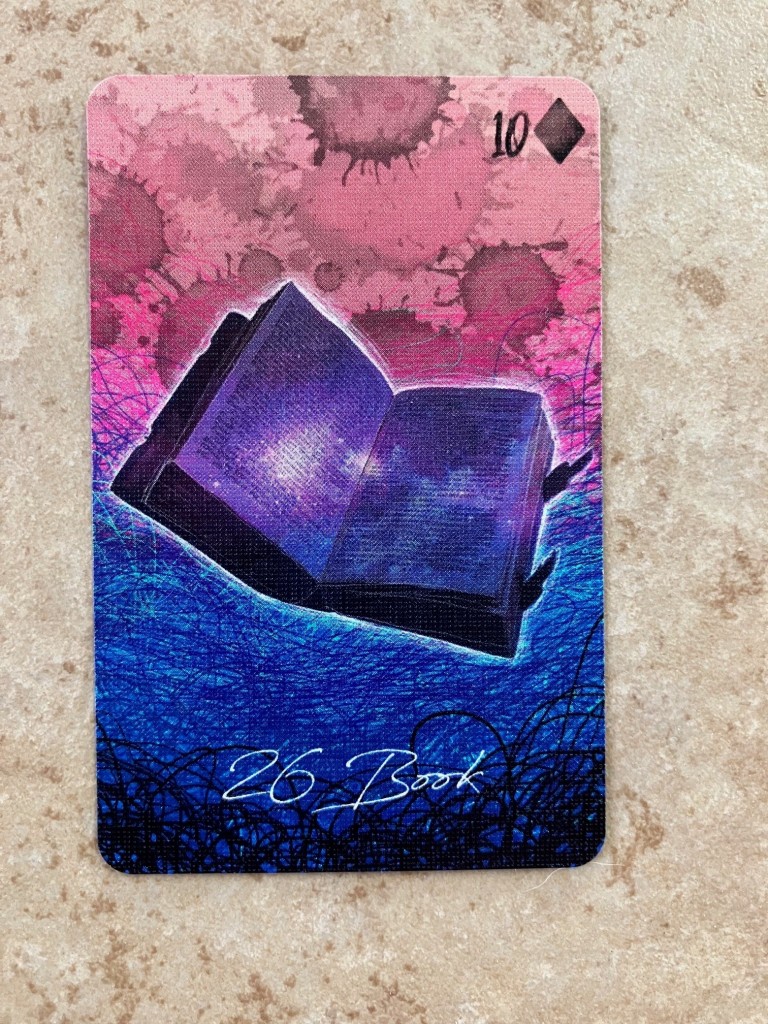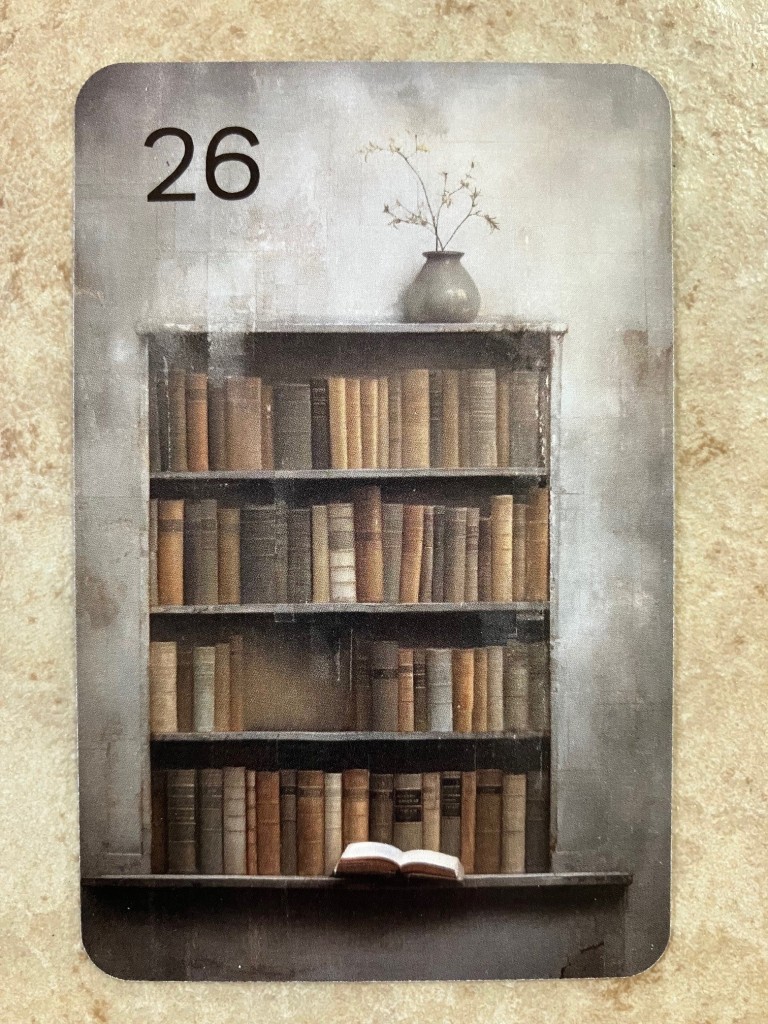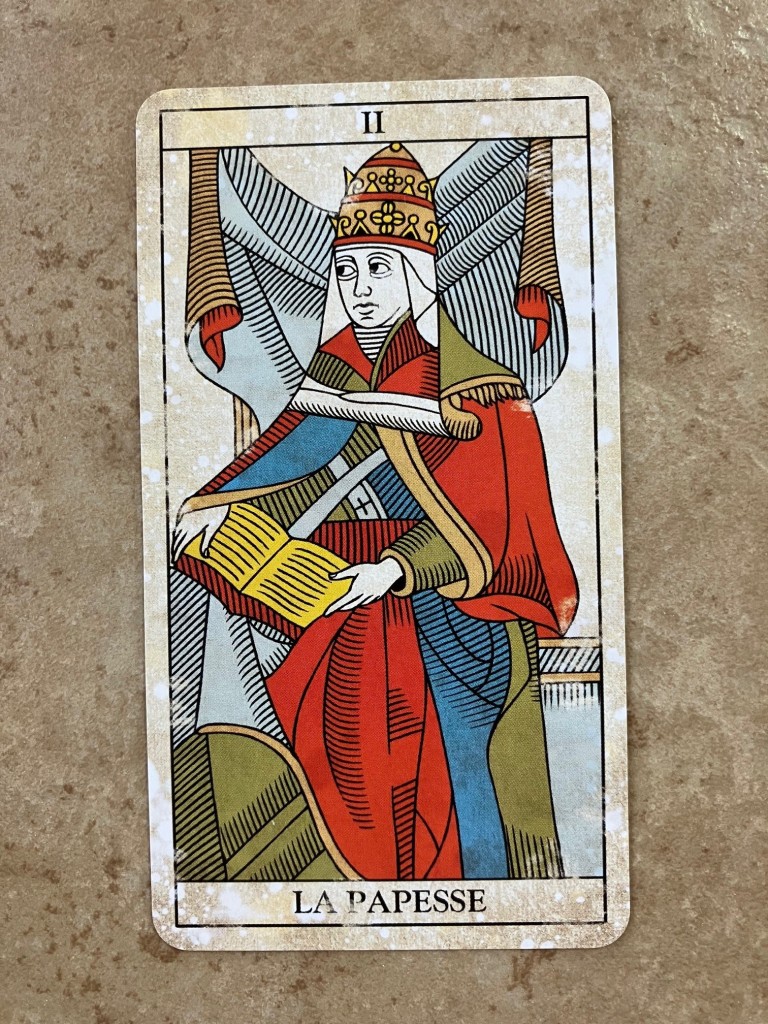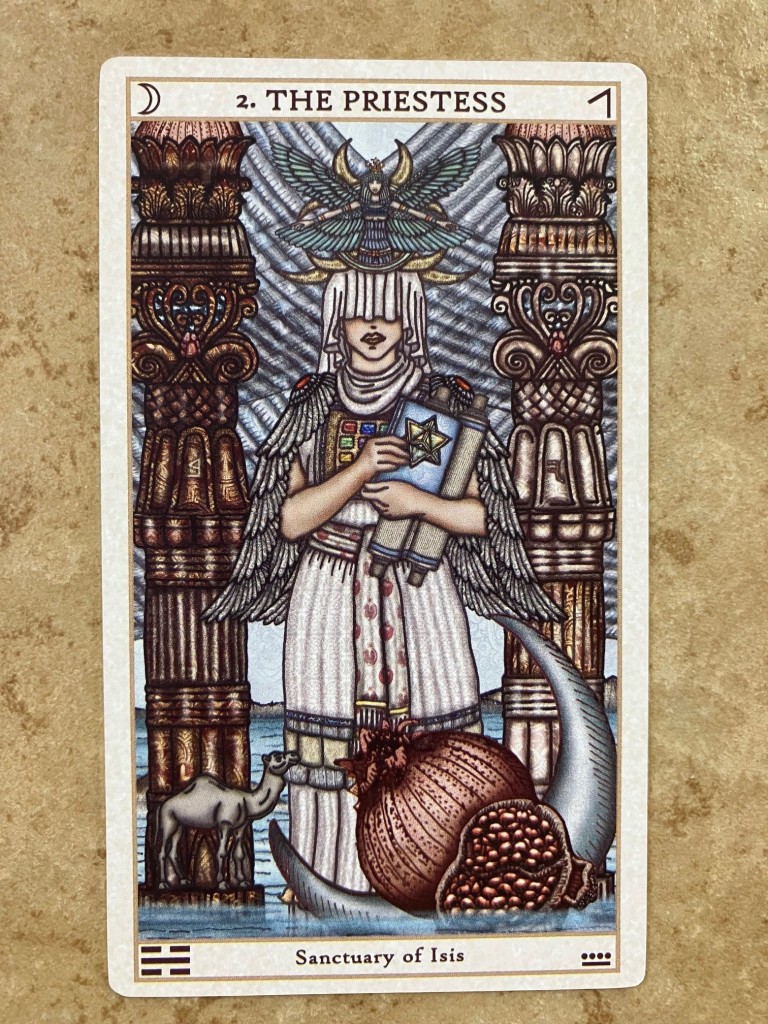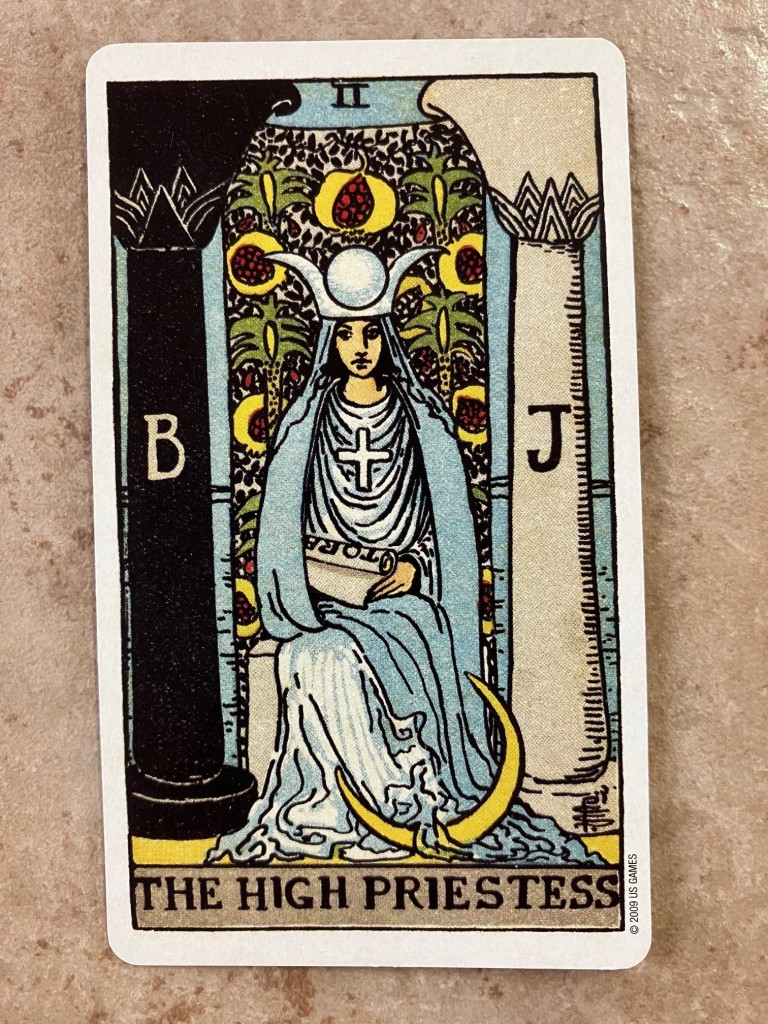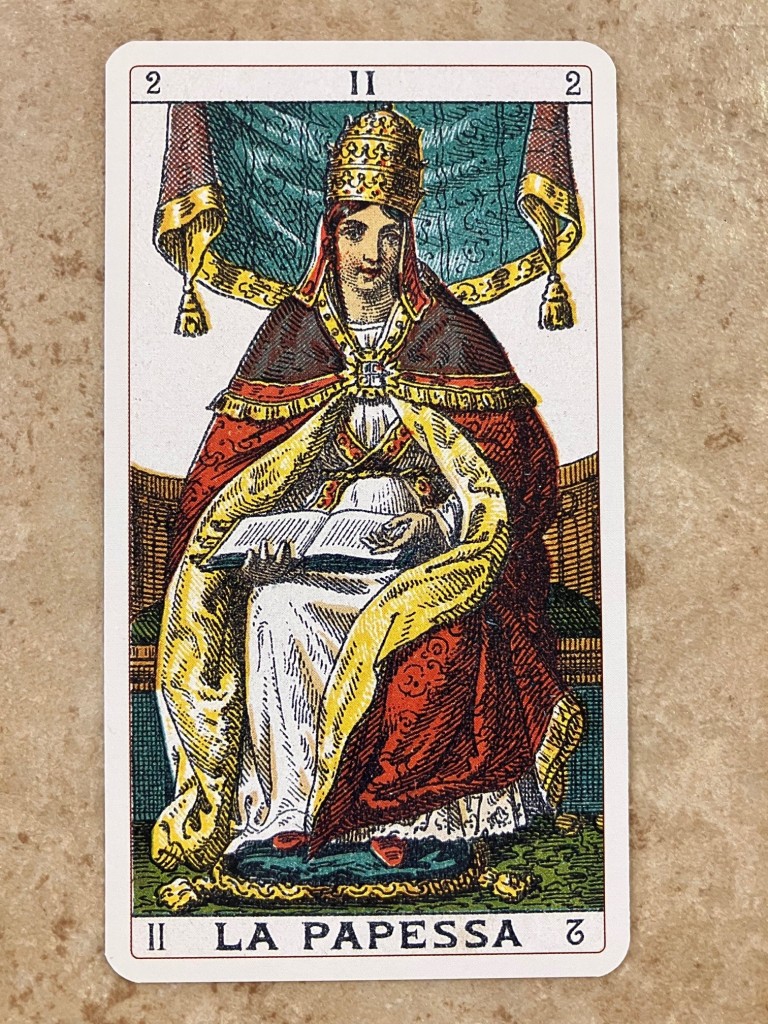I was introduced to the work of Iain McGilchrist through, I think it was, Gary Lachman’s Lost Knowledge of the Imagination. And I’ve since listened to quite a few YouTube talks (the one I most recently watched was on the channel The Sacred) with Iain regarding both his The Master and the Emissary (published a decade ago) — which I’m halfway through — and his huge 2-volume tome released last year titled The Matter with Things that I plan to begin reading once I’ve completed Master.

I’m sure I will continue to write often about the influence Iain’s work is having upon me and how much I resonate with it but, in this moment, I simply want to say that my perspective of myself has shifted. I used to think I was quite left-brain oriented, what with my passion for reading, learning, and literature. However, I now realize that I usually didn’t stop with the ‘information gathered’ part (left hemisphere of certainty) and, instead of getting identified with or overly attached to an idea, I continued to explore and expand and, hopefully, integrate into my life and consciousness the ‘what’ and ‘how’ and ‘why’ of the material — all of which is using the right hemisphere (keeping present my own belief — albeit not a certainty — that the brain and its hemispheres are receivers or mediators through which consciousness/mind/soul acts). This process became more intense in my late thirties because with everything I ingested, I felt compelled to fully digest it and then contemplate how it impacted my perception of the world around me.
For example, after spending an intense and immersion-oriented nine months back in 2010 studying and being trained in the ancient health system of Ayurveda to become certified as a practitioner (in a bodily, very physical approach), I came out of it less affected by the details of the concrete methods and more impacted on a profoundly spiritual level of awe and wonder regarding life — our bodies, the world, all the energies and morphic fields we cannot see, the complexities and relationships and interactions we have in every single moment that we then pour outward again as attention and intention.

Most of us tend to get stuck in left-brain focus and part of that is because our society and civilization has become obsessed with it — with power, control, certainty, what is explicit — rather than consciously continuing the dance between hemispheres and fully embracing the value of both as necessary to wholeness. I’ve been called wishy-washy, a fence-sitter, flighty and/or inconsistent in my thoughts; in my younger years, therefore, I learned to say very little, but as the decades passed, I gradually became at ease with my embrace of the paradoxical middle and more likely to speak. I have beliefs, of course, but my path is to remain as open as possible to shifts or divergences (being merely human, I often remind myself of the value in uncertainty) that learn but return to holistic (right hemisphere) perspective. This applies to relationships, ideas, passions, health, and my connections with The Unseen, which is also why I try not to get mired in a particular system of divination according to how others see it.
This feels like a spiritual journey, the beautiful uncertainty within living.
